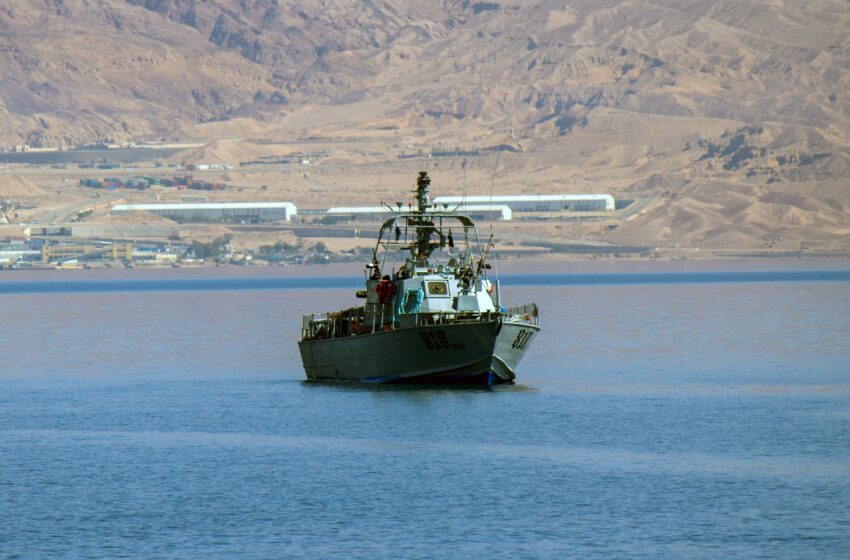
China-Philippines Tensions Escalate Amid South China Sea Patrols
In a recent development, China has accused the Philippines of enlisting “foreign forces” to conduct patrols in the hotly contested South China Sea, with strong implications pointing toward the United States. The southern theatre command of China’s military asserted that the Philippines has been causing disturbances since Tuesday, indicating a potential reference to joint patrols conducted by the Philippine military and the U.S. near Taiwan—an island claimed by China.
The statement from China’s military emphasizes a commitment to maintaining high vigilance, safeguarding national sovereignty, and defending maritime rights and interests in the South China Sea. This escalation comes against the backdrop of increasing tensions between the Philippines and China over territorial disputes in the region, exacerbated by the Philippines’ closer alignment with the United States.
The joint patrols near Taiwan have further strained relations, with China issuing a clear warning to both the Philippines and the U.S. against undermining its territorial sovereignty and maritime rights. The move highlights the geopolitical complexities in the South China Sea, where multiple nations lay overlapping claims, leading to frequent diplomatic and military confrontations.
The Philippines, under the leadership of President Ferdinand Marcos Jr., has been recalibrating its foreign policy to foster stronger ties with the U.S., particularly in the context of the ongoing maritime disputes with China. The recent joint patrols indicate a strategic alignment between the Philippines and the U.S., drawing Beijing’s ire and potentially escalating the longstanding tensions in the region.
As of now, both the Philippine foreign ministry and the national security adviser’s office have not provided an official response to China’s allegations. However, the situation remains delicate, with the potential for increased friction as geopolitical maneuvering continues in the contested waters of the South China Sea.
The developments underscore the broader implications of regional power dynamics and the complex relationships among nations involved in the South China Sea dispute. The international community is closely watching as the situation unfolds, mindful of the potential consequences on global security and stability.
In the coming days, diplomatic channels will likely play a crucial role in mitigating the tensions and preventing further escalation. The South China Sea continues to be a focal point of geopolitical contention, with multiple stakeholders vying for influence and control, making it a critical area for international diplomacy and conflict resolution.






